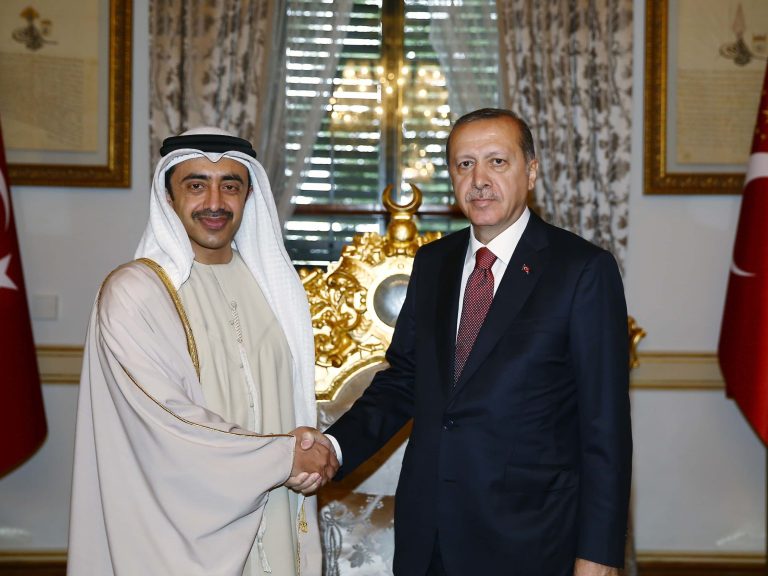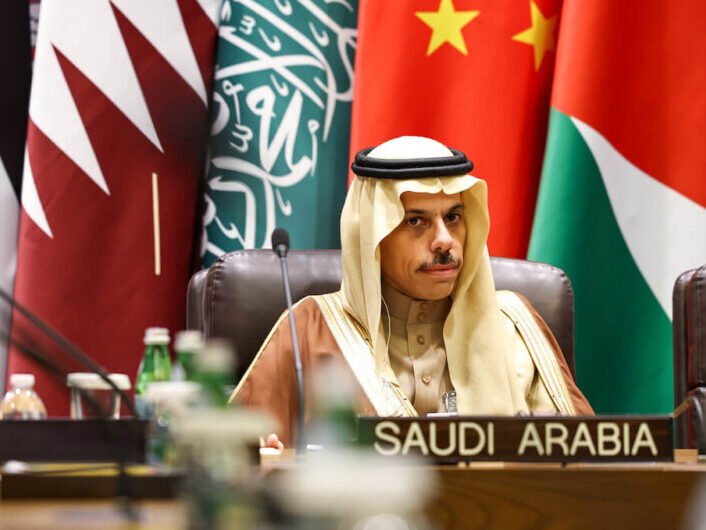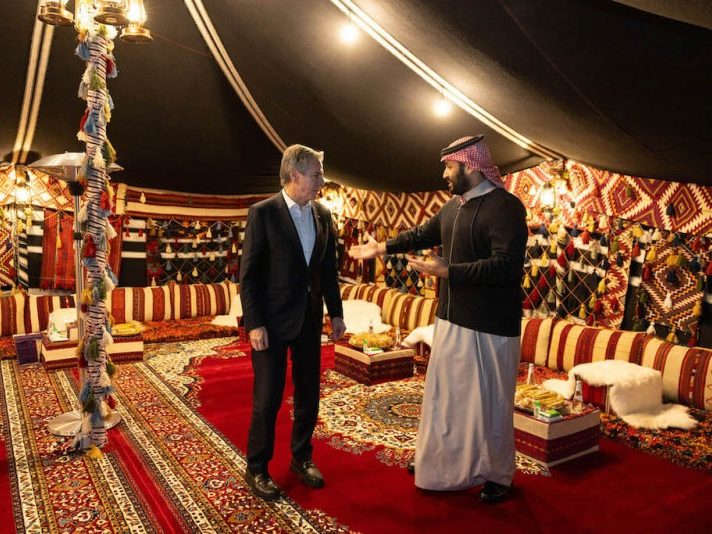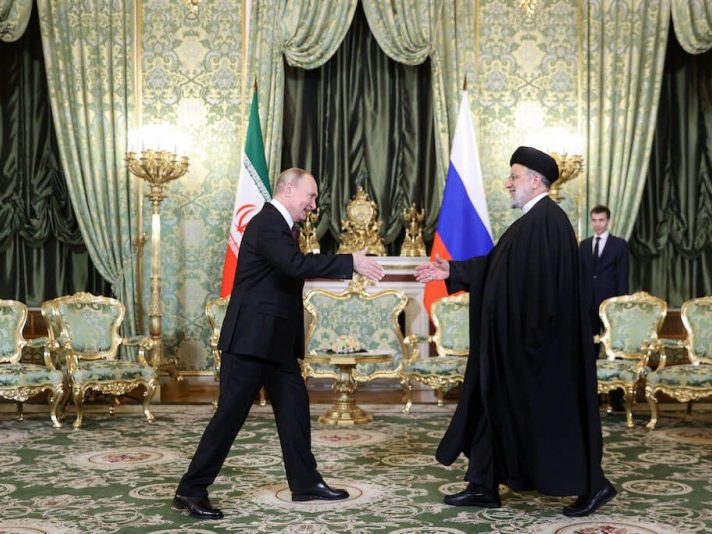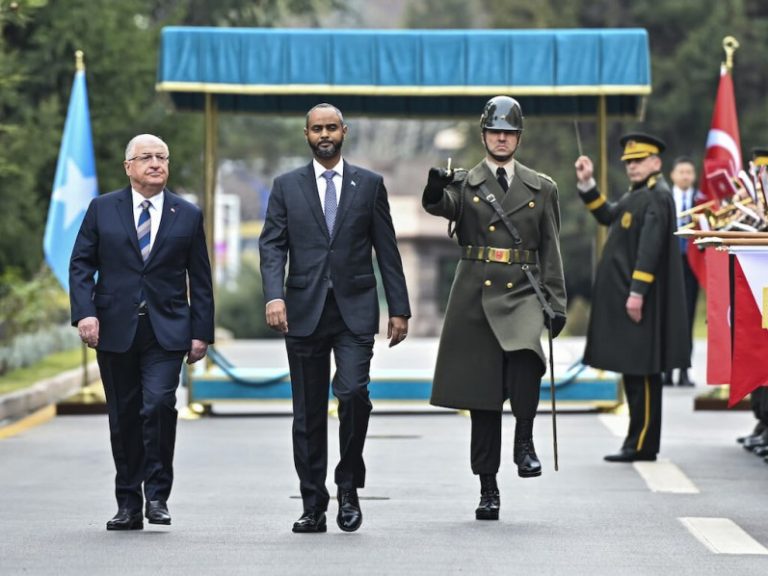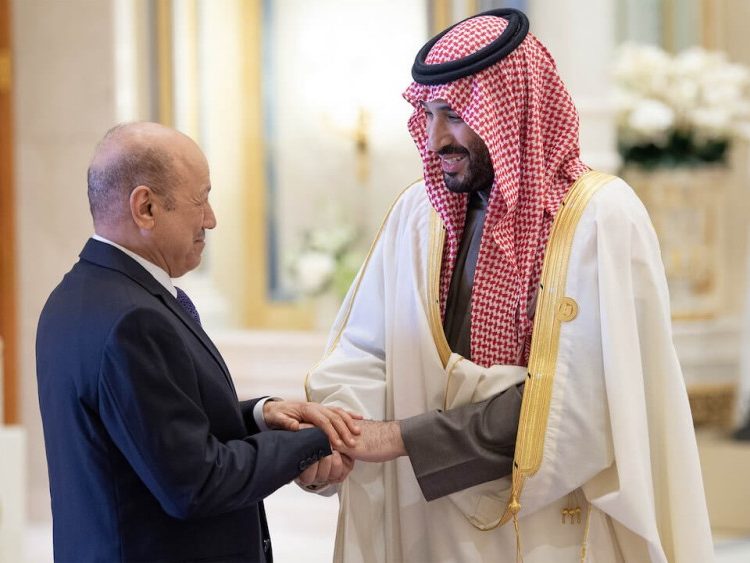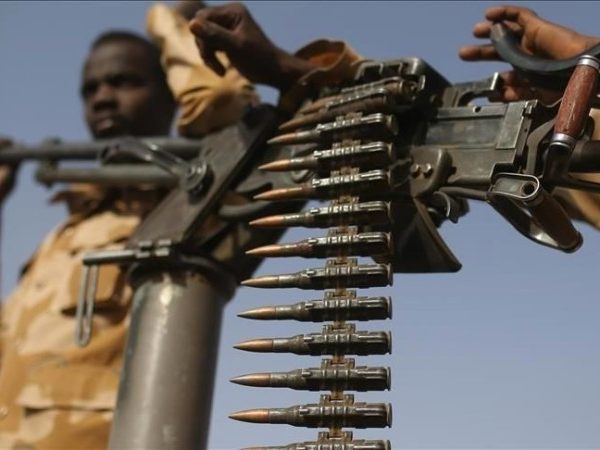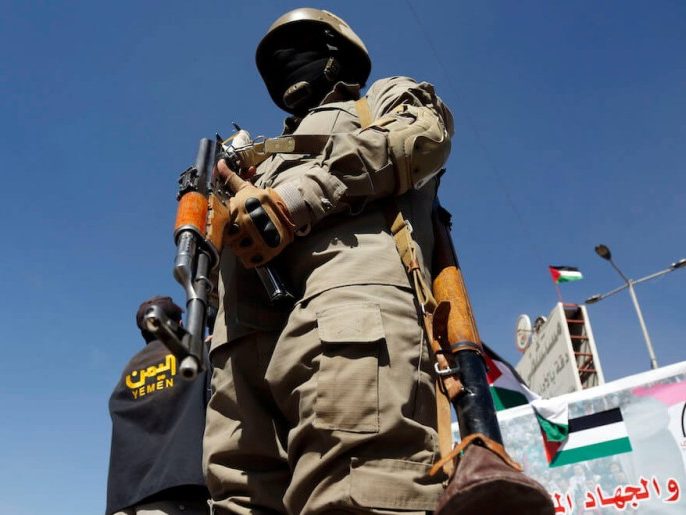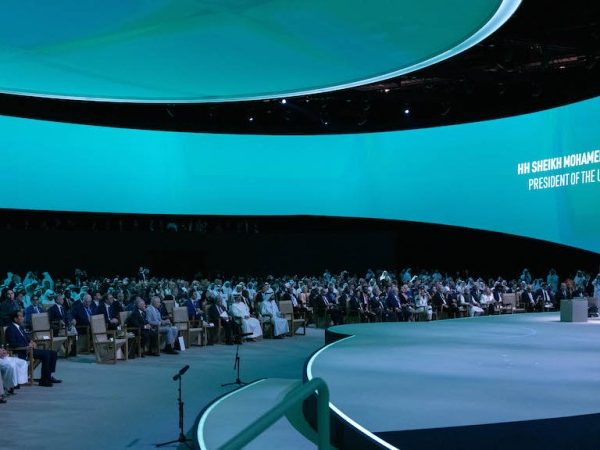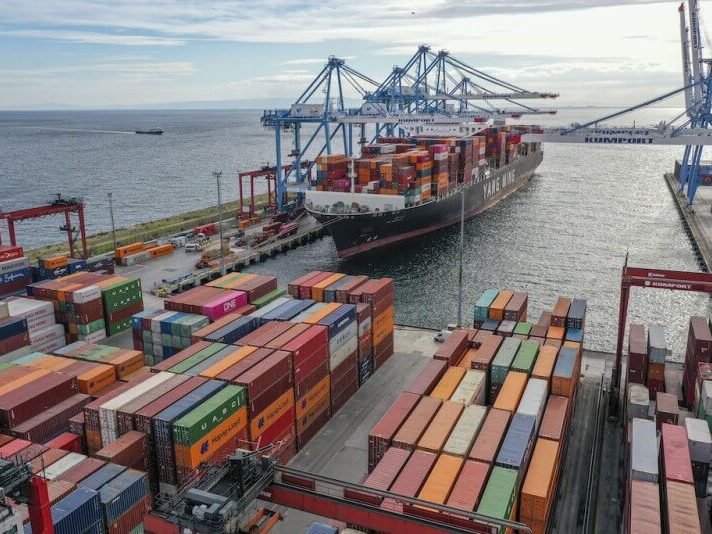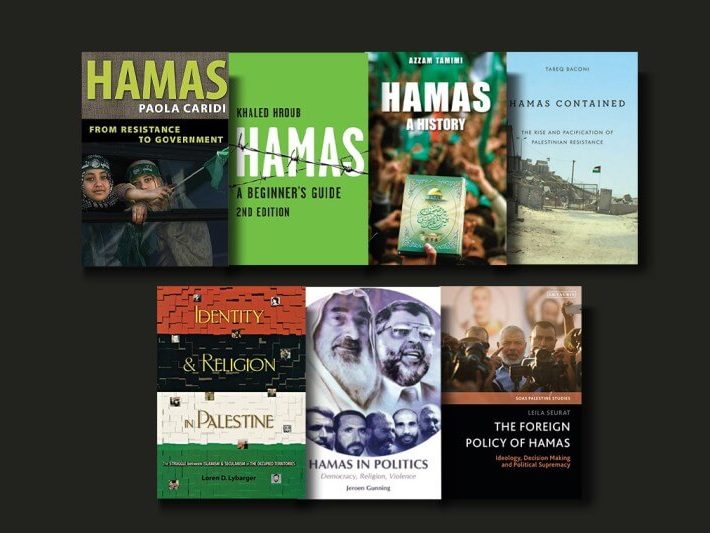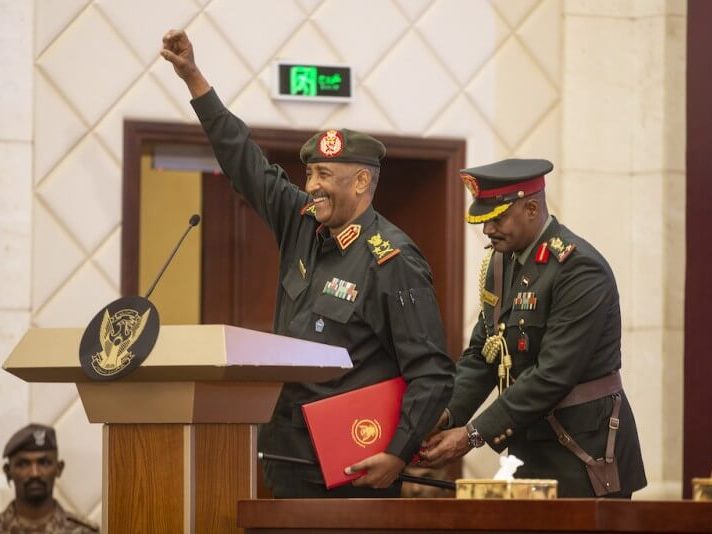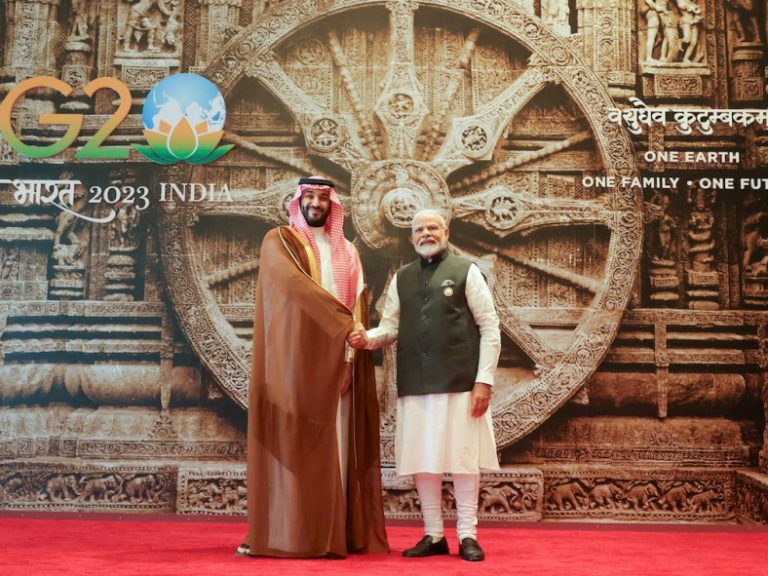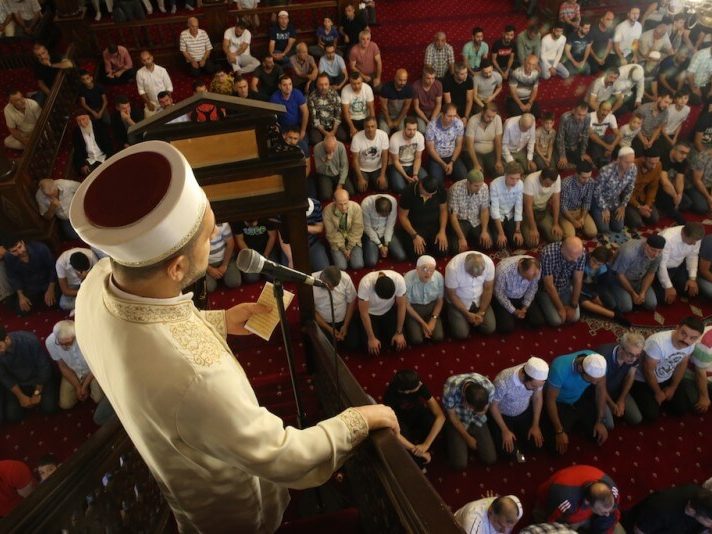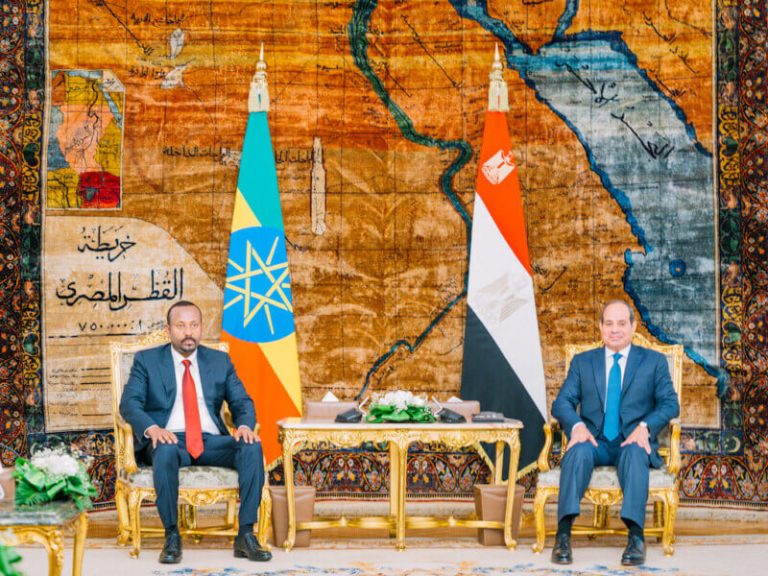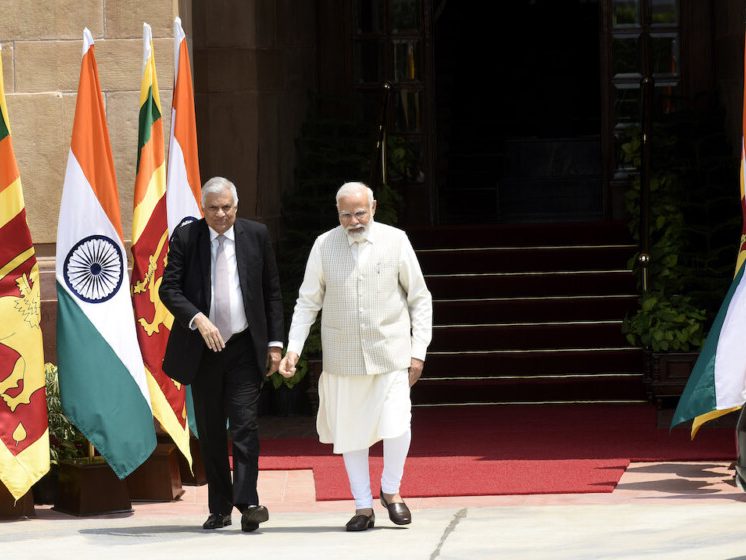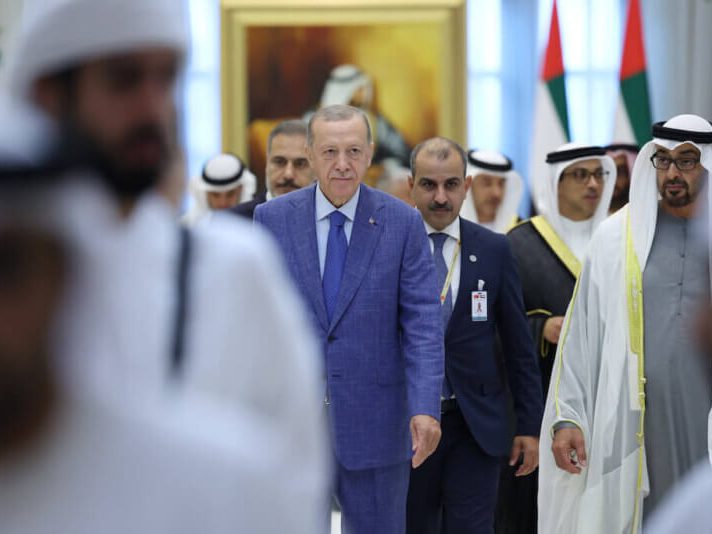The United Arab Emirates (UAE) is said to have supported Steve Bannon financially and the UAE is considered to be Turkey's biggest and yet mostly ignored political competitor in the Middle East.
Saudi Arabia’s Stance on Israel-Iran Escalation: War or Diplomacy?
Read: Is Iran Establishing a Joint Naval Force with Saudi Arabia, the UAE, and Oman?Although acknowledged by Israel and denied by Arab governments, including Riyadh, reports from outlets such as the Wall Street Journal suggest that Saudi Arabia has played a role in intercepting Iranian missiles and drones.
Saudi Arabia’s Quest for a New Identity
Read: Russia Has Strategic Ties with Saudi Arabia and the UAEOne of the most notable steps taken in the context of economic transformation is the Kingdom's efforts to reduce its dependence on oil and diversify the economy.
How the Middle East Became an Arena for Putin’s Power Struggle with the US
However, the nature of Russian exports, primarily aircraft, engines, and missiles, mitigated the impact, with continued interest in air defense systems from countries like Saudi Arabia and the UAE.
Why Did Turkey Sign a Defense Agreement with Somalia?
The UAE has been conducting serious diplomacy for the last year to sign a very similar or even more advanced security agreement with Somalia.
How Are the Gulf States Approaching the Yemen Crisis?
Read: The Houthi Gambit in the Red Sea: Victors, Vanquished, and What Lies Beyond
The cautious policies of the UAE, Oman, Qatar, and Kuwait
Yemen's eastern neighbor, Oman, has adopted a similar stance to Saudi Arabia.
The RSF Militia’s Relentless War in Sudan
While there is a confluence of factors driving this war, such as the UAE backing the militias with military support and funding to secure its economic and political interests, on many occasions, the militias have proven that this is also their war to target and annihilate specific groups of different racial backgrounds.
The Houthi Gambit in the Red Sea: Victors, Vanquished, and What Lies Beyond
To solve this problem, an Eilat-based logistics start-up, Trucknet, offered an alternative, redirecting the seaborne trade route from the Red Sea to a land-based passage, envisions the seamless transportation of goods from Saudi Arabia through the UAE or Bahrain ports, culminating in their arrival at Israeli ports via land.
75 Years Since the Nakba: What Has Changed?
president Donald Trump at a ceremony attended by Saudi Arabia, the UAE, Bahrain, Jordan and Egypt, were proclaimed to be the “Peace of the Century.
Renewable Energy: 118 Countries Commit at COP28, Major Economies Hold Out
The Global Acceleration for Decarbonization initiative, unveiled at the conference in Dubai, has garnered the support of a diverse group of nations, including the UAE, the United States, Brazil, Japan, the United Kingdom, and many others across Europe and Africa.
The Politics of Architecture: The Subtle Message of Buildings
Architecture goes beyond construction and serves as a powerful political medium. It tells the story of our past, reflects our…
Turkey is the Safest Route for East-West Trade
This is a project that stretches to Europe via Iraq and Turkey, with countries like Iraq, Turkey, Qatar, the UAE, and China all contributing to its construction and financing.
What is Hamas? Seven Books on the Organization’s Past and Present
It covers pivotal moments, such as the Trump administration's 'deal of the century,' Israel's Jordan Valley annexation plan, the impact of the UAE-Israel normalization accords and the COVID-19 pandemic.
France Can’t Be Neutral in the Sudan War
Now, it should move from calling for respect of the UN arms embargo in Darfur to pressuring its allies, such as Chad and the UAE, to abstain from supporting the militia or facilitating the transportation of arms and missiles.
Saudi Arabia Green-Lights an Economic Corridor Connecting India with Europe
In addition to India, the UAE, Saudi Arabia, Jordan, Israel, Cyprus, Greece, and the rest of the European Union, the economic corridor will include shipping and rail routes.
Why Western Muslims View Turkey as a Safe Haven
Read: Islam in the UAE’s Foreign PolicyQadir's observations underscore an important point: Muslims living in the West often find themselves caught up in the complexities of politics and day-to-day life.
Battle over the Nile: Can Egypt, Ethiopia, and Sudan Reach an African Deal over the GERD?
or UAE or agree otherwise and negotiate accordingly.
As Global Food Crisis Looms, Governments May Be Caught Unprepared
On July 28, 2023, the UAE announced that it will temporarily suspend rice exports for four months.
Sri Lanka to Allow Indian Rupee in Local Transactions
Since the invasion of Ukraine and the sanctions that followed, many nations have realized they need to expand their selection of invoicing and settlement processes, making it a wise move to explore alternatives with the UAE, Indonesia, and Sri Lanka.
The Re-Gulf Moment: Turkey Revitalizes Ties With the Gulf
On July 17, President Erdoğan embarked on a Gulf tour, encompassing Saudi Arabia, Qatar, and the United Arab Emirates (UAE), with an economy-oriented agenda to foster and fortify trade and investment relations with these influential Gulf nations.
